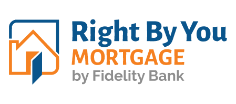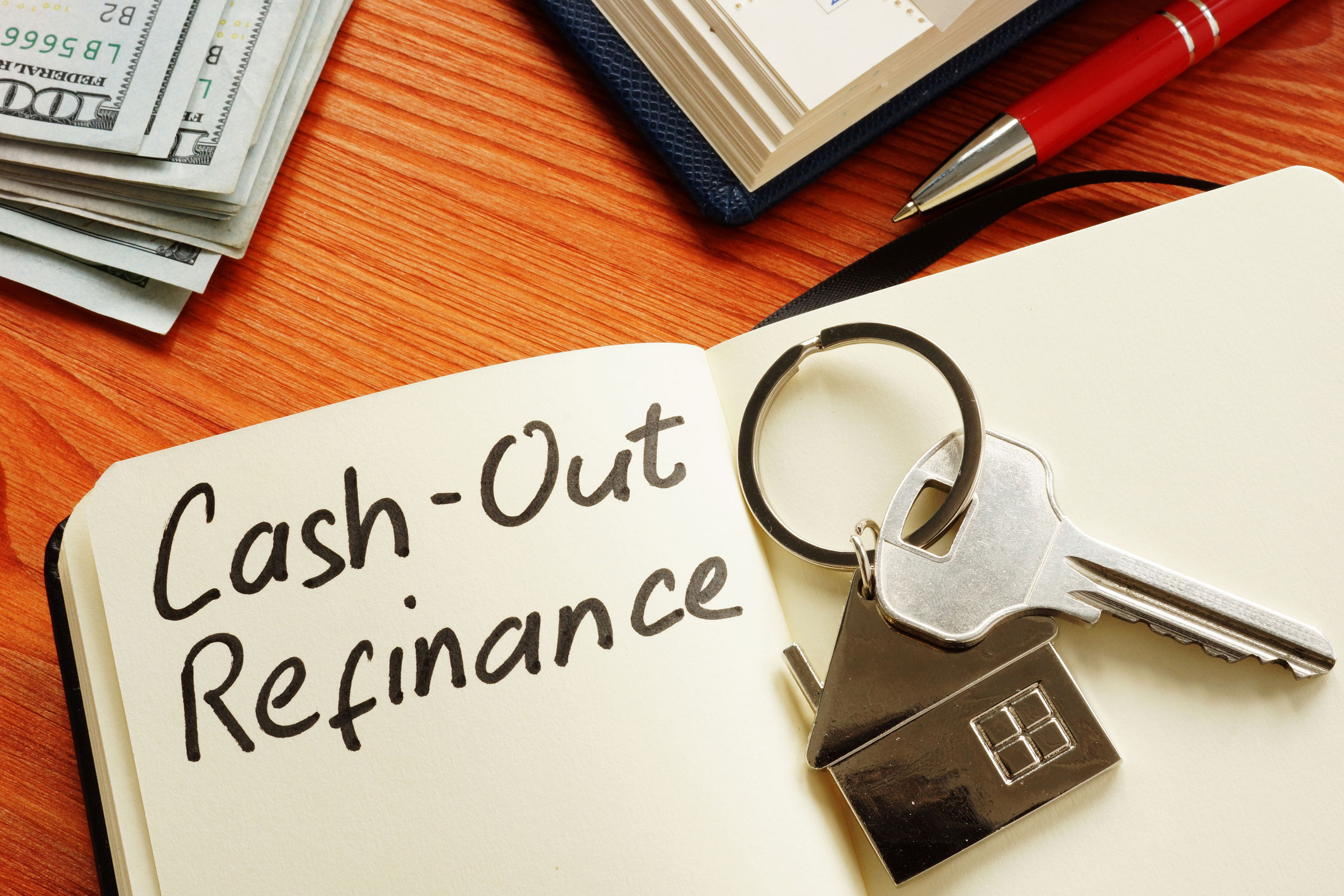It’s no secret that spending money is easier than saving it, and that’s especially true when you buy a home. After the excitement of closing fades, many first-time buyers find themselves surrounded by new financial obligations. And when the bills start to add up, so does the stress.
However, there’s also a fairly easy way to give your budget some relief—and interestingly, your home holds the key.
How Bills Add Up
While homeownership creates feelings of security and comfort, it can also create more expenses. Even modest items—a sofa, a dining set, a washer and dryer—can run into the thousands of dollars. If your finances are stretched thin after making the leap to homeownership, you might put these items on credit cards, and then struggle to pay them down.
As a first-time buyer, you might have put off replacing an aging vehicle in order to save up enough money for a down payment. If you need a more reliable vehicle, and you finance it, your monthly budget grows a little bigger.
Then there’s the unexpected stuff, like an urgent home repair that wasn’t covered by insurance, or a health issue that led to medical bills, or a wedding, or school tuition. Life happens, and when you have credit available, you might be inclined to use it.
How Cashing Out Can Help
If you find yourself in this situation, you’re not alone. Research from Freddie Mac shows that many first-time homeowners see their credit scores dip soon after purchase, often because of rising credit card balances or new loans for furniture and appliances. And unfortunately, many homeowners find their debt has multiplied faster than their ability to pay it down.
This is where a cash-out refinance can help. Even while debt was building, your home was likely gaining equity—the difference between what it’s worth and what you still owe on your mortgage. A cash-out refi allows you to convert some of that equity into cash by taking out a new mortgage that’s larger than your current one. The new loan pays off your old mortgage, and the leftover funds are paid to you in a lump sum, which you can use to pay off other debts.
Often, this can lower your monthly budget, since mortgage rates are typically much lower than interest rates on credit cards and other forms of short-term debt.
Let’s say you owe $300,000 on your current mortgage at 4.5%, with a monthly payment of about $1,520, plus $130,000 in other debts—$50,000 in credit cards, $60,000 in auto loans, and $20,000 on a personal loan—with combined monthly payments of roughly $3,150. That’s about $4,670 going out each month.
By using a cash-out refinance at 6.5% to roll everything into one new $430,000 mortgage, your total monthly payment would drop to around $2,720. Even with a higher rate, your overall expenses fall by nearly $2,000 each month, which frees up cash for other needs.
When It Makes Sense
While a cash-out refinance is a great way to consolidate debt, it only makes sense under certain conditions. First, you’ll need sufficient equity, as most lenders require you to keep at least 20% of your home’s value after refinancing. That means you need to have built up enough home equity to draw against, which usually rules out brand-new homeowners who came in with a low down payment.
Rates also matter. The whole point of consolidating debt is to replace higher interest loans with a lower one. If mortgage rates are below the average rate you’re paying on your other debts, the math works in your favor. But if the interest rates you’re paying on your other debts are comparable to current mortgage rates, or you’re close to paying them off, it may not be worth it.
Finally, consider how long you plan to stay put. Refinances come with closing costs, and the benefits only pay off if you remain in the home long enough to recoup those costs. If you expect to sell within a year or two, the savings from lower monthly payments may not outweigh the upfront expense of refinancing.
Otherwise, a cash-out refi is a fantastic way to bring some relief to your household finances—and some joy back into owning a home.
Thinking about using a cash-out refi to consolidate debt? The loan experts at Right By You Mortgage can help. Find a local mortgage loan officer or send us an email at inquiries@rightbyyoumortgage.com to get started.









